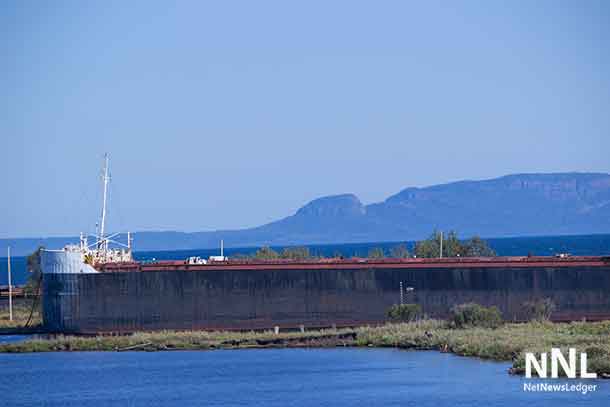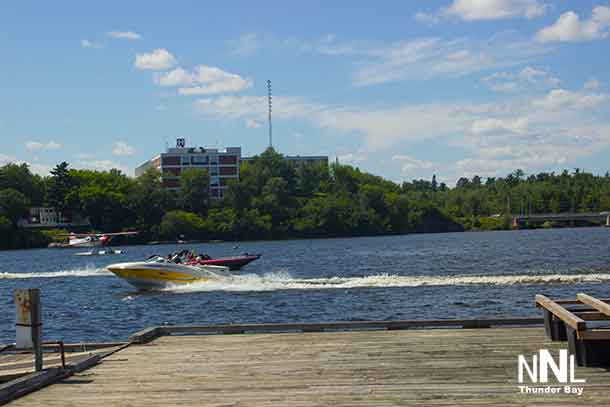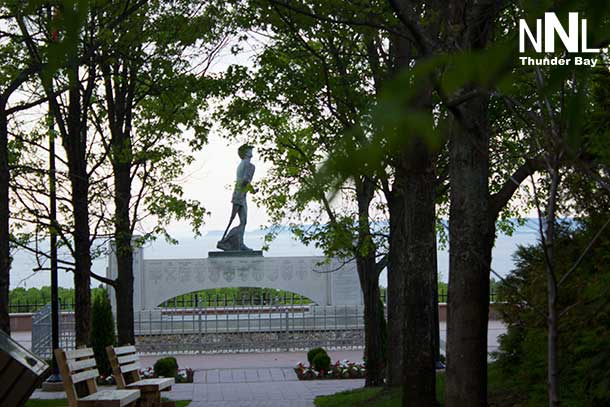
TORONTO – “Anyone who has studied Canada’s history knows that we built this country on its water and waterways,” says Robert Sandford, EPCOR Chair for Water Security at the United Nations University Institute for Water, Environment and Health. “Will those same waters define us and our prosperity over the next 150 years? That’s up to us.”
RBC released its 10th annual Canadian Water Attitudes Study—an in-depth examination of how Canadians think, feel, and act in regard to our fresh water. The story that has emerged is both complex and enlightening. On one hand, it confirms how much Canadians value our water and how integral our lakes and rivers are to our national identity; on the other, it reveals a troubling carelessness with a resource Canadians still consider unlimited in its abundance.
The study took place in January, the same month that scientists announced 2016 as the hottest year on record. The findings show startling contradictions between what Canadians know to be true about the impact of climate change on water, and what they continue to believe about Canada’s water wealth. For example:
- For the 10th year in a row, Canadians named water our most valuable natural resource. Yet we remain world-class water wasters and report taking fewer actions to conserve water last year than we did in 2008.
- Canadians are more convinced about the risks to our water quality and supply than they were a decade ago, yet confidence in our ability to meet long-term water needs remains unchanged (at 84 per cent).
- Canadians feel more personally at risk when it comes to droughts and floods than in the past. However, one-in-four Canadians think climate change will have no impact on our fresh water. Even with considerable efforts to raise climate change awareness, this is a higher number today than it was in 2009.
Understanding the contradictions: It comes down to culture and economy
According to Robert Sandford, two factors may help explain these disconnects.
“First, I think we’re dealing with a degree of denial. It’s challenging for us, as Canadians, to reconcile our long-held myth of limitless water abundance with the very real physical threats we’re hearing about and even experiencing.”
“Second, while Canadians treasure our water, we have little appreciation for what it is worth and how valuable it is to our economy and economic competitiveness.”
While Canadians and the Canadian economy depend heavily on both water and energy, we treat the two very differently. According to the RBC study, Canadians rate technological advances to save energy as more important than advances to save water. Canadians are also more likely to focus their personal efforts on energy conservation over water conservation. Why? It likely comes down to dollars and cents; 79 per cent of those who take action to save energy do it to save money, while less than 20 per cent do it to protect the environment. When it comes to water conservation, those figures are virtually reversed.
“We don’t pay the real costs of the water we use—neither the costs necessary to transport and treat it, nor the environmental costs of wasting it. As a result, we’ve come to believe that water is cheap. There’s no incentive to use less of it,” Sandford concludes.
Canada’s 150: A New Chapter in Our Relationship with Water
Sandford is hopeful that 2017 will mark a turning point in Canadian water attitudes. “I think many of our tensions around water are coming to a head,” he says. That is important, because we cannot change our actions until we change our minds.
Based on its decade of research into Canadian Water Attitudes, RBC offers three recommendations that could significantly help shift our collective mindset:
- Better communicate the value of water to our economy. Governments and business are encouraged to understand and transparently communicate the value of water to our economies and bottom-lines. Canada has made significant progress putting climate change in an economic context. We must now do the same for water.
- Focus on implementing the solutions in front of us. Existing knowledge and technology could take us much of the way toward becoming a more water resilient and therefore more sustainable country. The report shows high support for government investment in areas like better water infrastructure, for example. This is something we can start doing today.
- Show global leadership. Canada has the opportunity to seize our deep connection to fresh water and translate this into global leadership in water stewardship.








